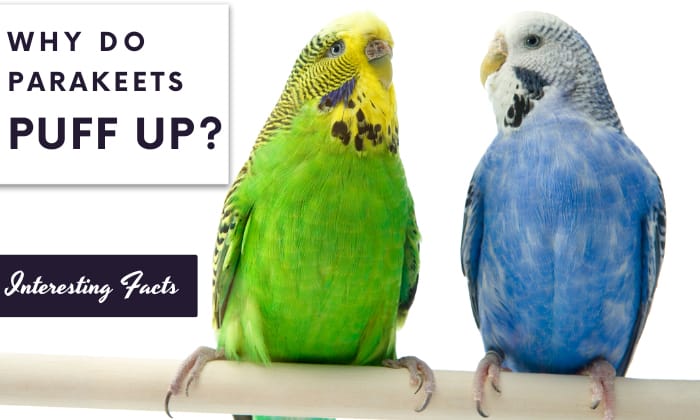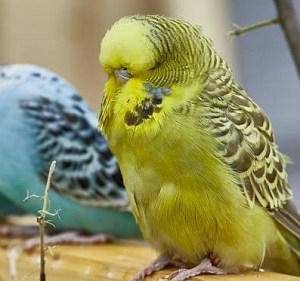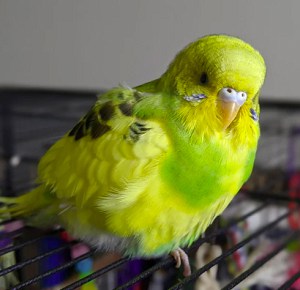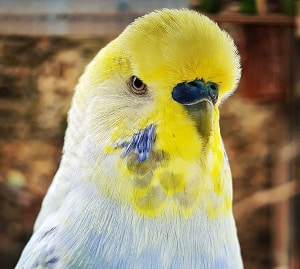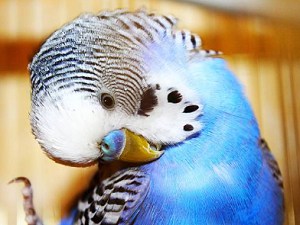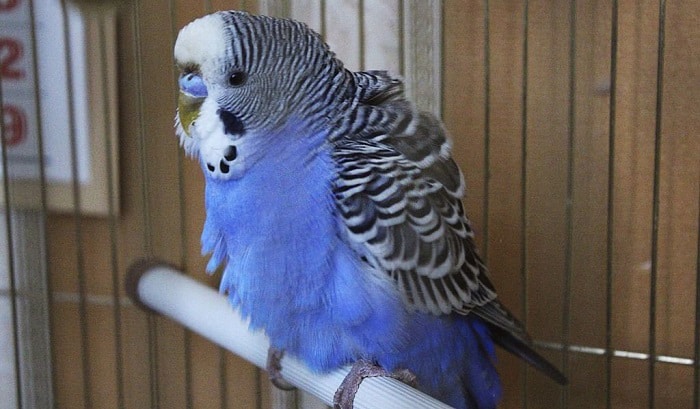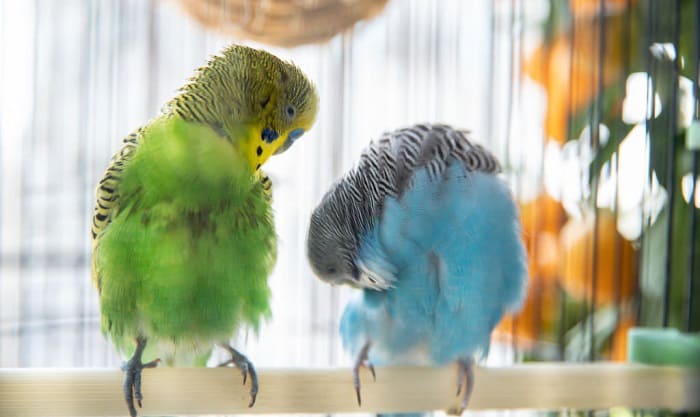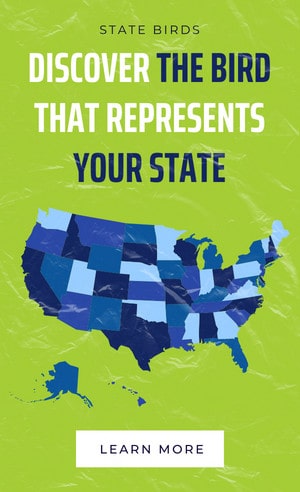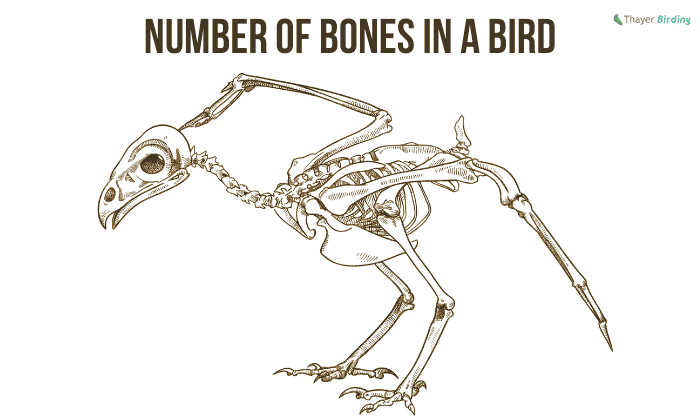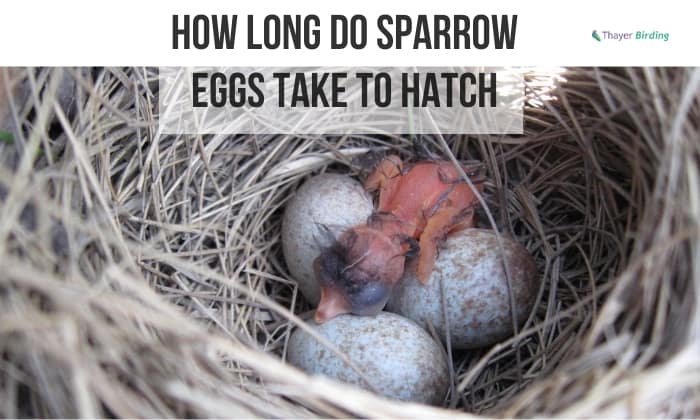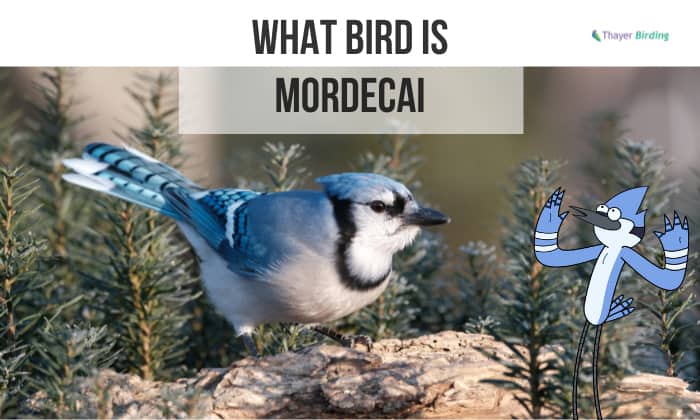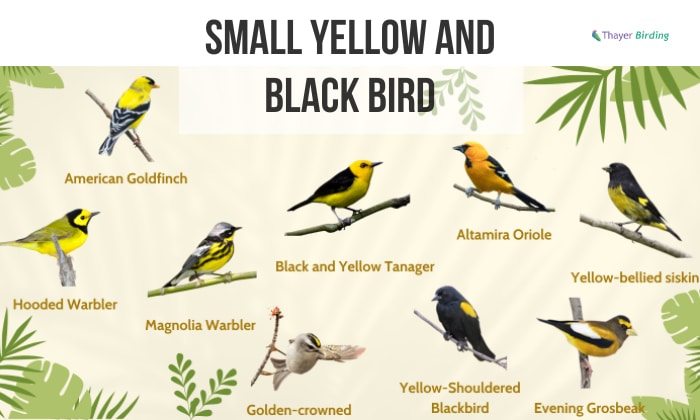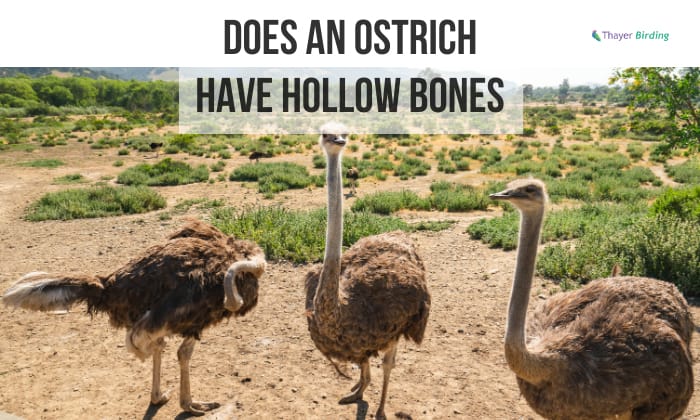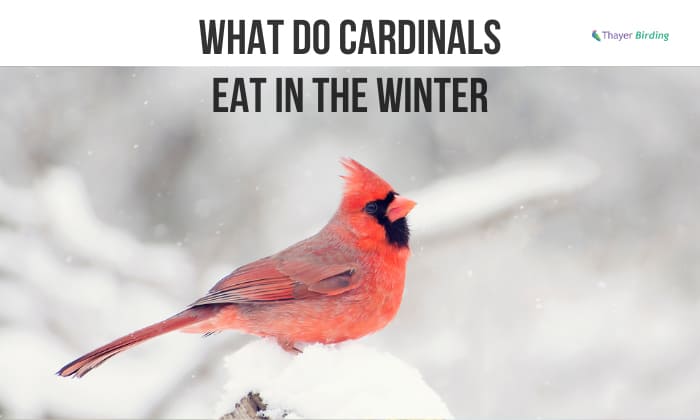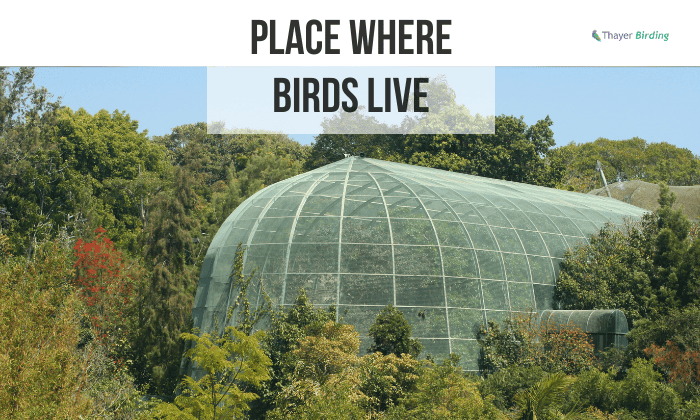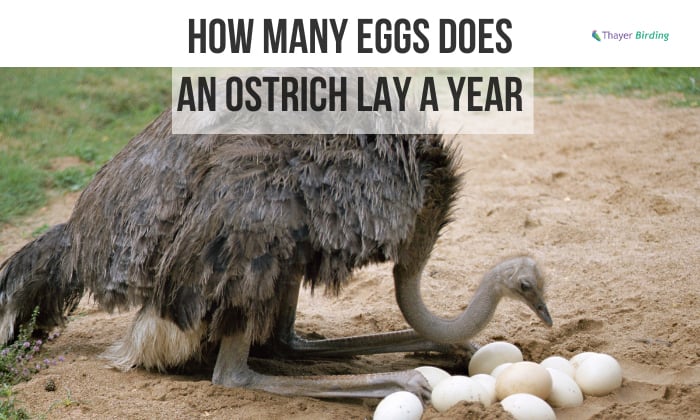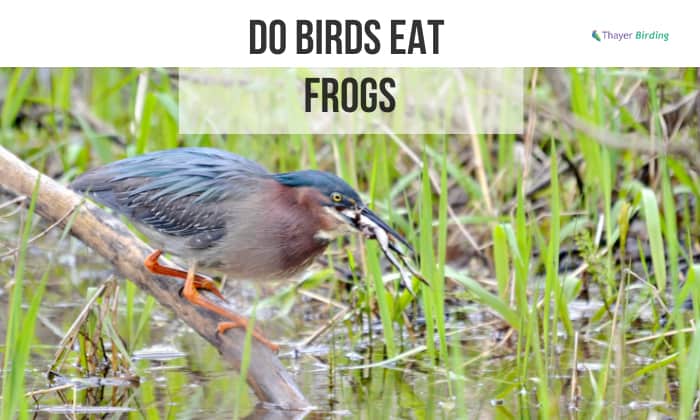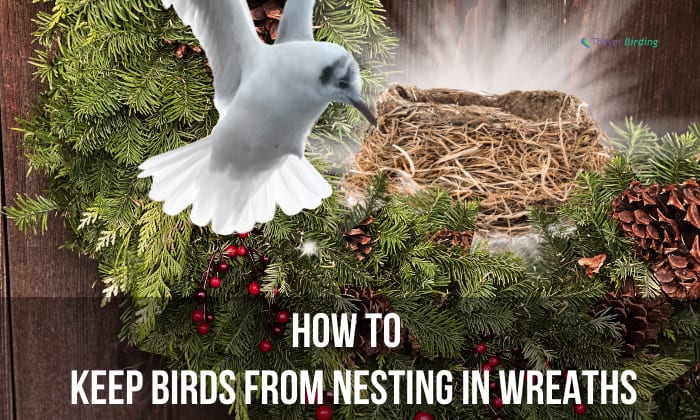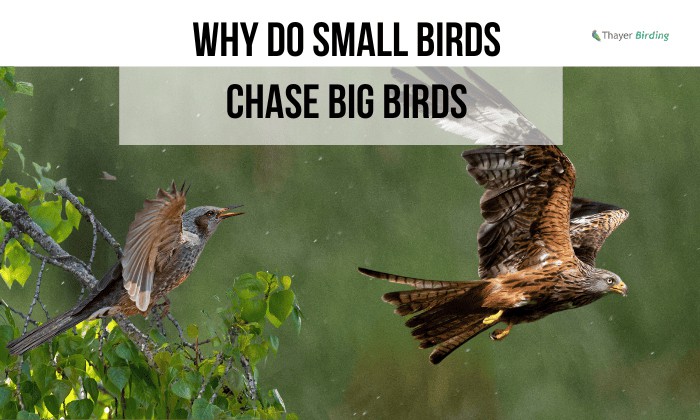Each animal has its own mode of communication: wolves howl, cats swish their tails, and budgies use their feathers.
Why do parakeets puff up? It could be for simple reasons such as feeling cold, sleepy, happy, excited or irritated. Your parakeet may also be grooming itself or trying to attract a mate.
However, if paired with other symptoms, such as lethargy and weight loss, it may be a sign that your budgie is sick.
Table of Contents
Reasons Parakeets Puff Up
Most of the time, it’s perfectly normal to see your budgies puff up. Here are some of the common reasons:
1. Your budgie feels cold.
Parakeets love to be in environments between 60 to 70 degrees Fahrenheit best, and struggle to keep warm at 40 Fahrenheit and below.
If you notice it fluff up and shake, a clear indication your budgie is cold. Shaking or trembling is their body’s attempt to move muscles in order to generate heat quickly. Meanwhile, fluffing up creates pockets of warm air that help it get more comfortable.
While budgies can generally stand the cold, adjusting their environment as soon as possible is best to reduce their risk of hypothermia.
2. Your budgie is about to go to sleep.
We humans like to cuddle in our blankets to settle in for the night. Budgies enjoy the same: If you notice your bird puffed up, it may be getting ready to snooze.
Animal experts explain that this behavior stems from instinct since parakeets in the wild have to contend with cold, outdoor evenings.
However, it may also simply be because it makes them feel cozier, relaxed, and snugger!
3. Your budgie is happy or excited.
Do your birds get puffy when they see you? Maybe your parakeets chirp and wag their tails, also? All these signs together mean that they are happy to see you!
You may also notice puffing up when parakeets kiss you or each other. Simply put, puffing up can be described as budgies smiling with their feathers.
4. Your budgie is irritated or scared.
On the other hand, it’s also possible that your budgie is expressing irritation when fluffed up.
You will know this is the case if your budgie or parrot puffs up, opens its wings out rather threateningly, and twists its tail.
If its head feathers puff up specifically, though, that is a sign that your budgie is feeling scared or threatened and is showing some aggression back.
5. Your parakeet is grooming.
Birds ruffle their feathers before baths to shake out dust and other dirt that may be stuck on their feathers.
This makes cleaning themselves a quicker process, giving them more time to simply have fun in the water!
You may also notice your cute parakeets puffing up after they get out of the shower, or bird with feathers sticking up. Typically, this is simply them allowing their feathers and skin to air dry.
6. Your budgie is trying to attract a mate.
If you notice your budgie puffing itself up and chirping excessively – in other words, being as big and loud as possible – it is trying to get attention either from you or from a potential mate.
It may be a sign to spend more time with your pet, or possibly get it a companion if it doesn’t have one yet!
Signs of Sickness
Unfortunately, there are times when my budgies is puffed up, which is a bad sign. Generally, you know the fluffed feathers signifying illness or discomfort when your parakeet is puffed up for most of the day, and it is accompanied by other symptoms.
If you notice any of these symptoms or other sudden behavioral changes in your bird along with prolonged fluffing, contact your vet as soon as possible:
- No appetite and weight loss
- Lethargy and slumped posture
- Difficulty breathing
- Sticky poop, or poop with undigested food bits in it
- Discharge from nose, mouth, or eyes
- Aggravated feather plucking
- Loss of interest in grooming and preening
Heatstroke and Hypothermia
A special note on heatstroke: while budgies can handle cold relatively well, they are much worse at dealing with heat. This is one sickness that does not allow you the luxury of observing for a few more hours or days.
- Move fast if you notice your budgie panting and attempting to fan itself with its wings. At temperatures over 85 Fahrenheit, the heat can kill your parakeet in as little as 15 minutes.
However, this is not to say you can take your time when your budgie is fluffed up and shivering from the cold.
Exposure to extreme hot or cold temperatures is not good for your pet. Bird owners at Quora share stories of when their parakeet puffed up and died suddenly due to cold or heat.
Take the time to find a good spot in your home for your budgie to ensure it stays happy and healthy. This decision could mean life or death.
Other Behaviors
A cockatiel puffed up can mean almost anything. It’s always best to fully observe your pet to better determine what it is trying to say.
Here are a few other behaviors to look out for along with the fluffing up and what they mean:
- Trembling – your budgie is cold.
- Wings open, twisted tail – you have an angry budgie.
- Chirping, wagging tail – your budgie is happy or excited.
- Bobbing head, ruffling tail – your budgie is showing off or trying to attract a mate.
- Two budgies puffed up, preening each other – the budgies are good friends.
- Closed eyes, balancing on one leg – your budgie is about to sleep.
- Budgie keeps ruffling feathers – it is about to groom itself.
- Lethargic, no appetite, other behavioral changes – your budgie is sick.
Frequently Asked Questions
What does it mean when parakeets puff up?
Parakeets can puff up for a variety of reasons, from happiness, irritation, fear, a desire to groom or sleep, or maybe even feeling unwell. It’s best to observe other behaviors your budgie is exhibiting before making a diagnosis.
How do I know if my parakeet is happy?
Happy parakeets simply seem cheerful. They may be:
- Making a lot of sounds (chirping, whistling, clicking, singing),
- Be very active (flying around their cage, playing with their toys),
- Making happy movements (fluffing their feathers, bobbing their head, swishing their tail, standing on one leg),
- And taking good care of themselves by eating and grooming well.
Why does my parakeet fluff up when I talk to him and when I pet him?
This can mean one of two things:
- If it is accompanied by chirping and tail wagging, I know that my pet likes me and enjoys my company!
- However, if it is accompanied by a twisting tail and slightly open wings, my pet may be irritated by me, or still needs time to get used to me.
Conclusion
Why do parakeets puff up? For many different reasons – some good, some bad, some worrisome. Some reasons will resolve on their own, while some call for immediate care from a vet.
At the end of the day, you know your bird and its personality best. More than anything you read online, the best way to determine why your budgie is puffy is to draw from your observations and relationship with your pet.
Whatever the reason, we hope your parakeet will always greet you with fluffy feathers, excited chirps, and a happy, waggy tail!

George and I became friends after a birdwatching trip with our new group. And we have been enjoying every adventure together. When he told me the idea of establishing a site that shares our experiences and fun, I immediately agreed. After trials and errors, here we have Thayerbirding.


